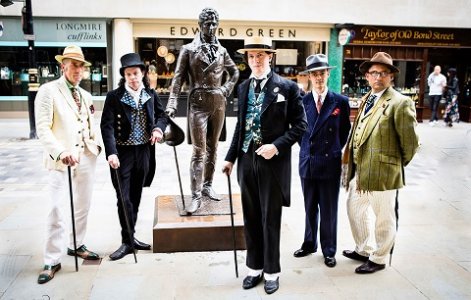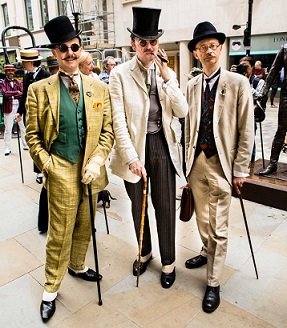Old Salt
Senior Member
- Location
- New Brunswick, Canada!
In another book I am reading just now:
Half eleven. Half of eleven would be ten-thirty, right?
No, according to the book it's eleven-thirty!
Why can't people be more logical?
Half eleven. Half of eleven would be ten-thirty, right?
No, according to the book it's eleven-thirty!
Why can't people be more logical?




